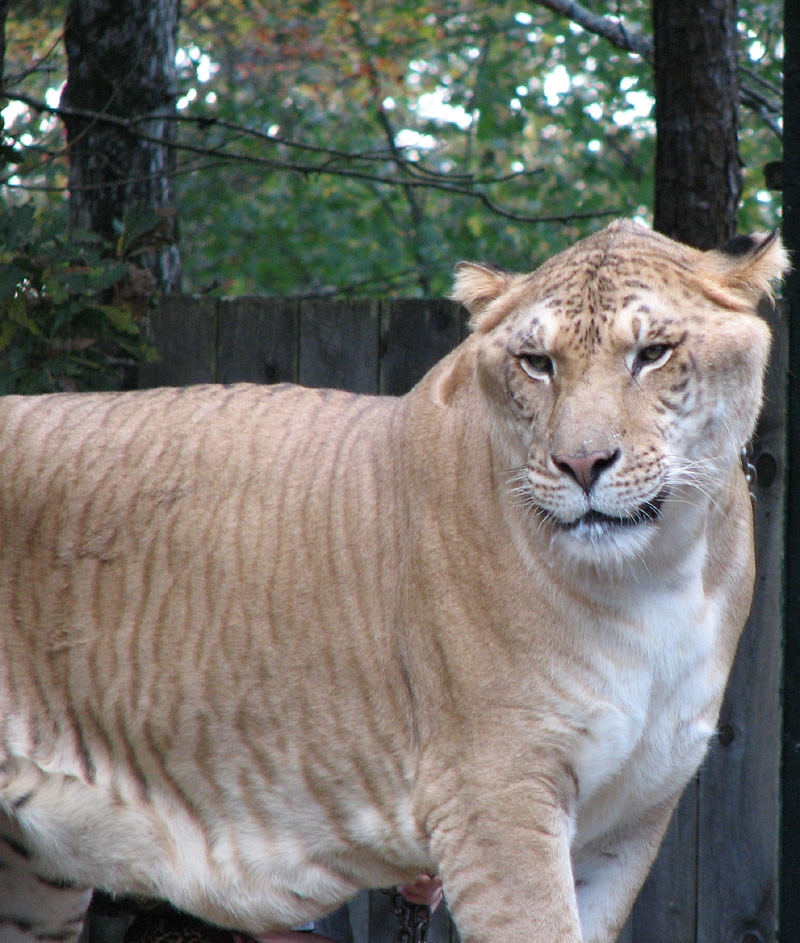Ecology
5.0(3)
Card Sorting
1/24
Earn XP
Description and Tags
Species & Ecosystems, Energy Flow, Carbon Cycling, Climate Change
Last updated 7:29 AM on 11/10/22
Name | Mastery | Learn | Test | Matching | Spaced | Call with Kai |
|---|
No analytics yet
Send a link to your students to track their progress
25 Terms
1
New cards
Ecology
the study of relationships between living organisms and their environment
2
New cards
Ecosystem
a community of organisms and their abiotic (non-living) environment
3
New cards
Community
a group of interdependent organisms inhabiting the same region and interacting with each other
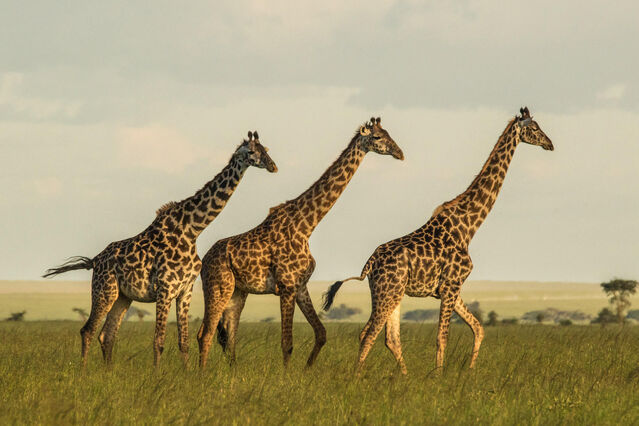
4
New cards
Habitat
a type of environment in which an organism or group normally lives
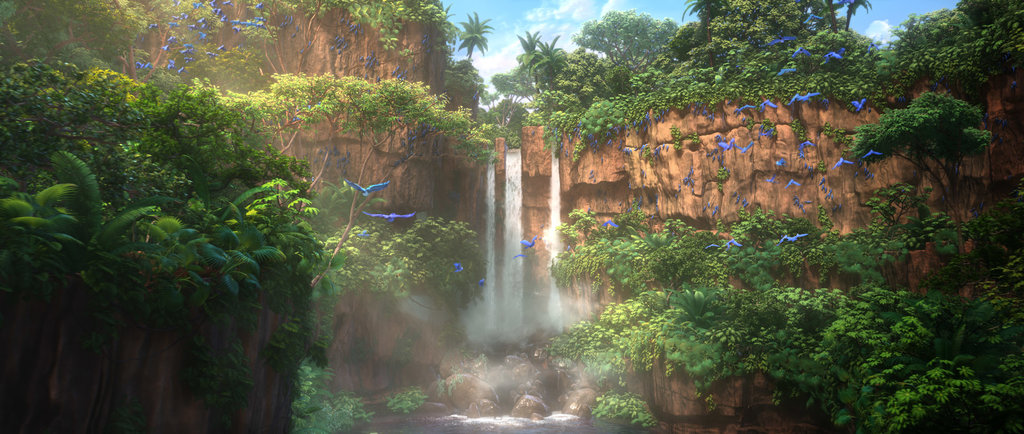
5
New cards
Species
a group of organisms that can produce fertile offspring
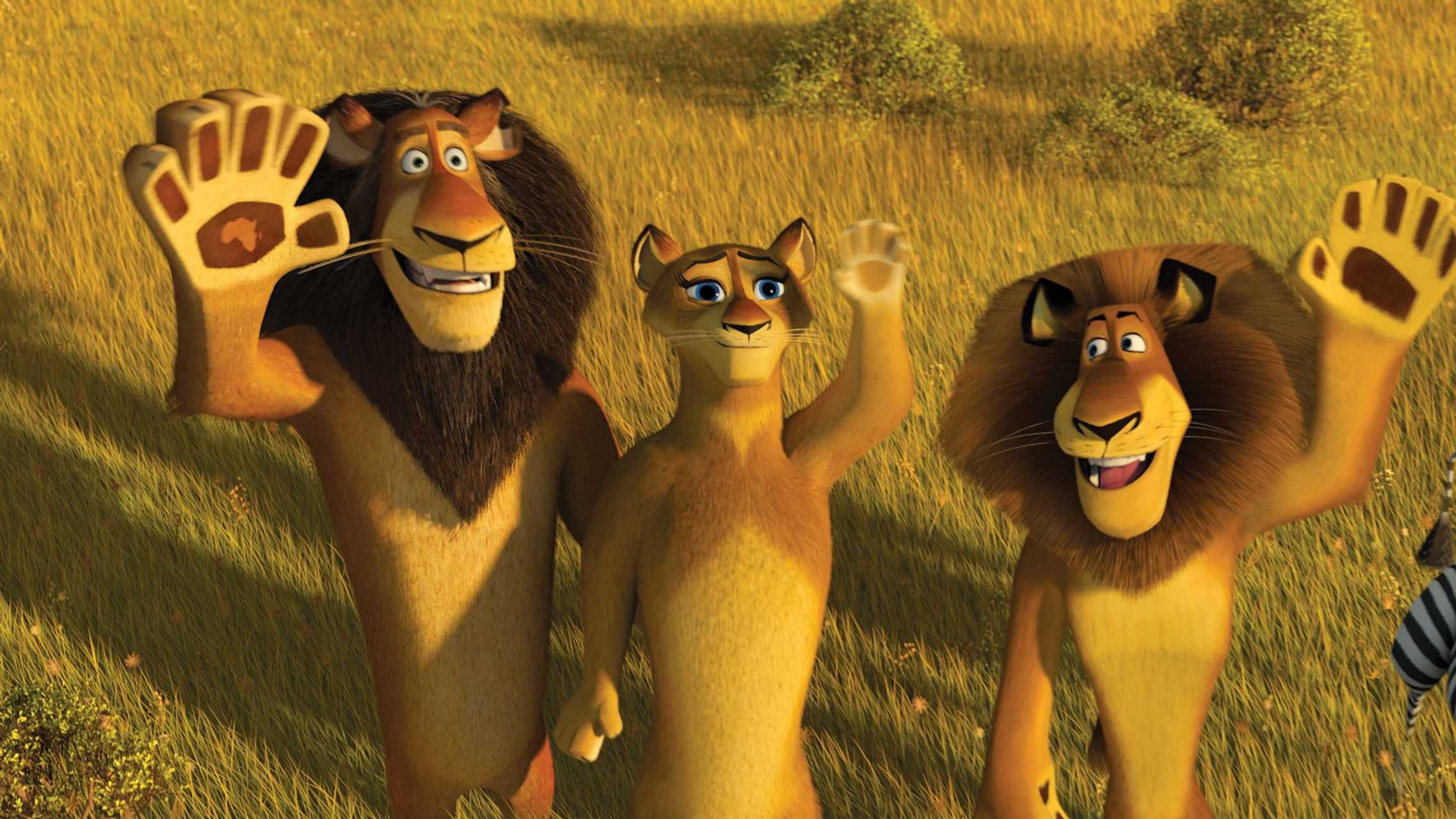
6
New cards
Population
a group of organisms of different species who live in the same area at the same time
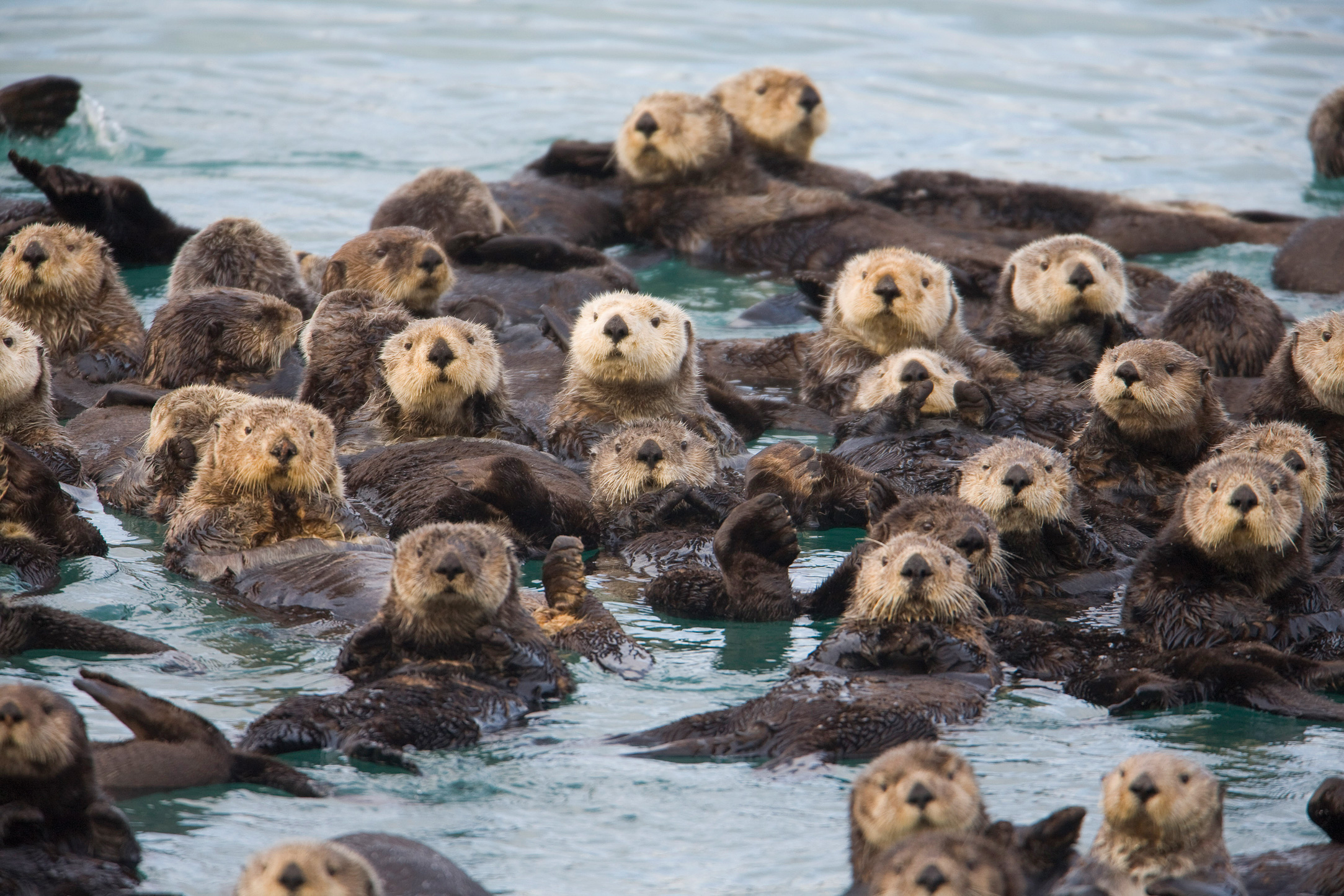
7
New cards
Food Chain
A series of steps in which organisms transfer energy by eating and being eaten
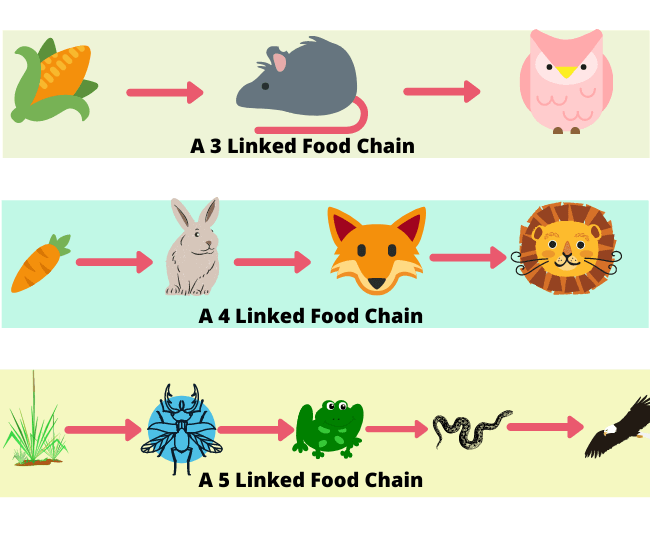
8
New cards
Food Web
A complex arrangement of interrelated food chains illustrating the flow of energy between interdependent organisms
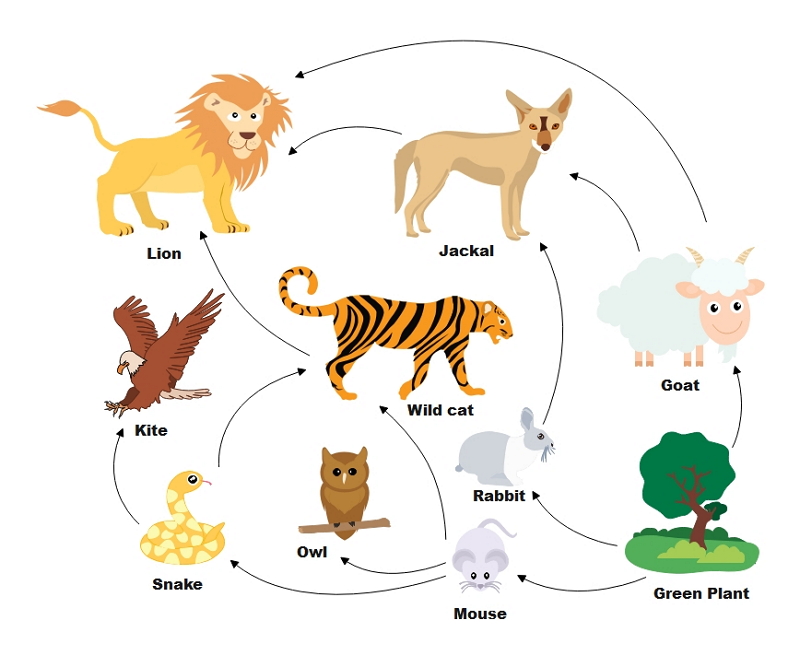
9
New cards
Trophic Level
the feeding level in a food web defined by the number of energy transfers away from the original source of energy
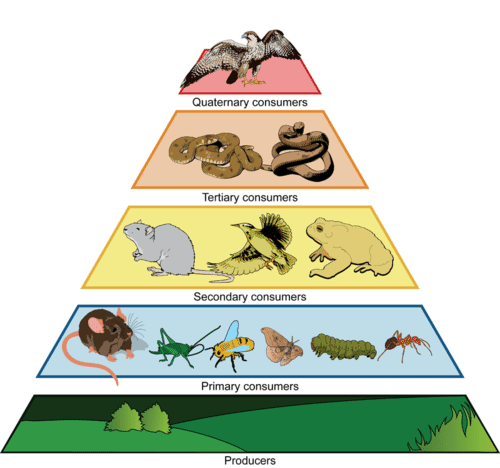
10
New cards
Consumer
an organism that ingests other organic matter that is living or recently killed
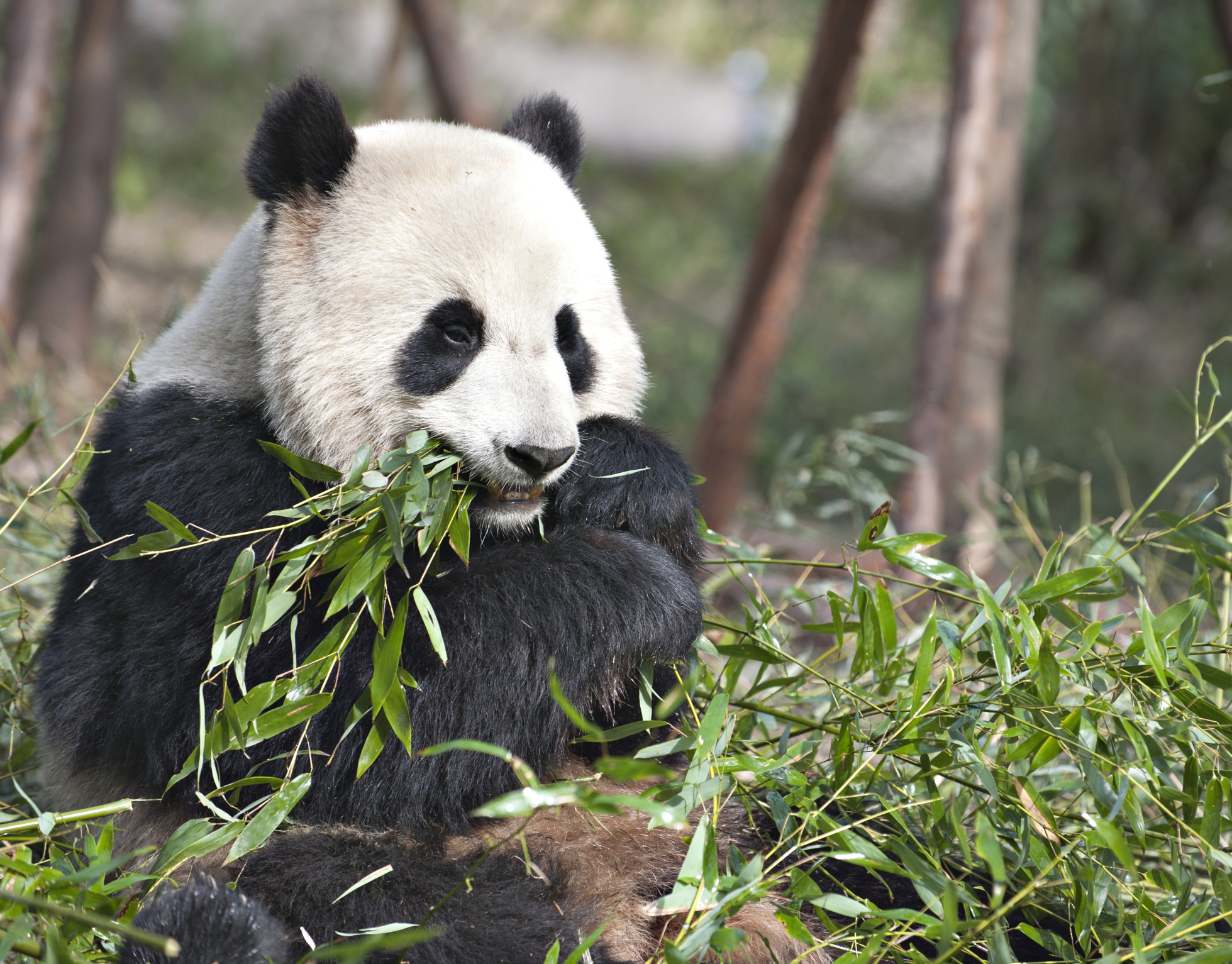
11
New cards
Autotroph
producer, an organism that synthesises its organic molecules from the abiotic environment, e.g. plants
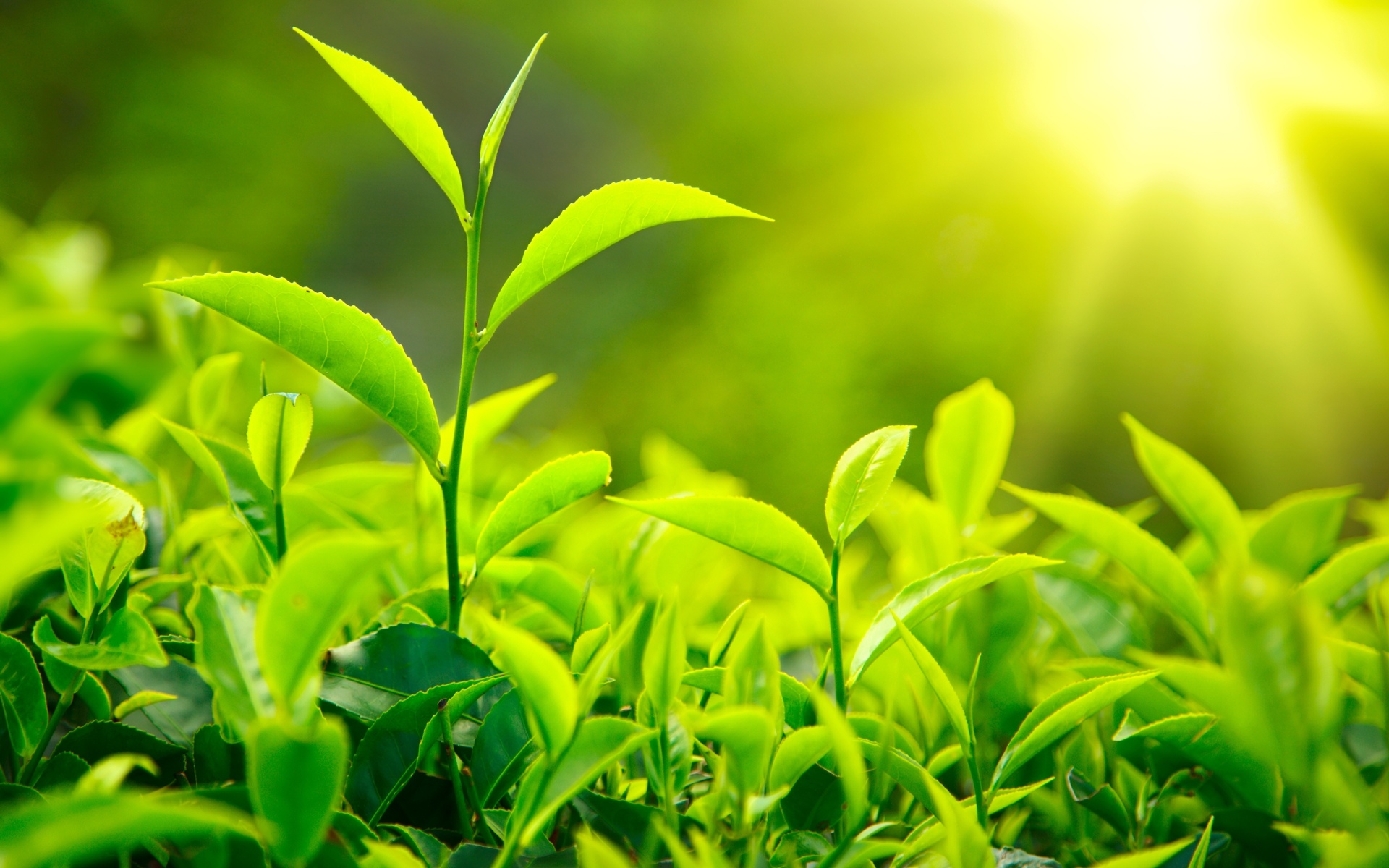
12
New cards
Saprotroph
an organism that lives on or in non-living matter, creating digestive enzymes to absorb nutrients, e.g. bacteria, fungi
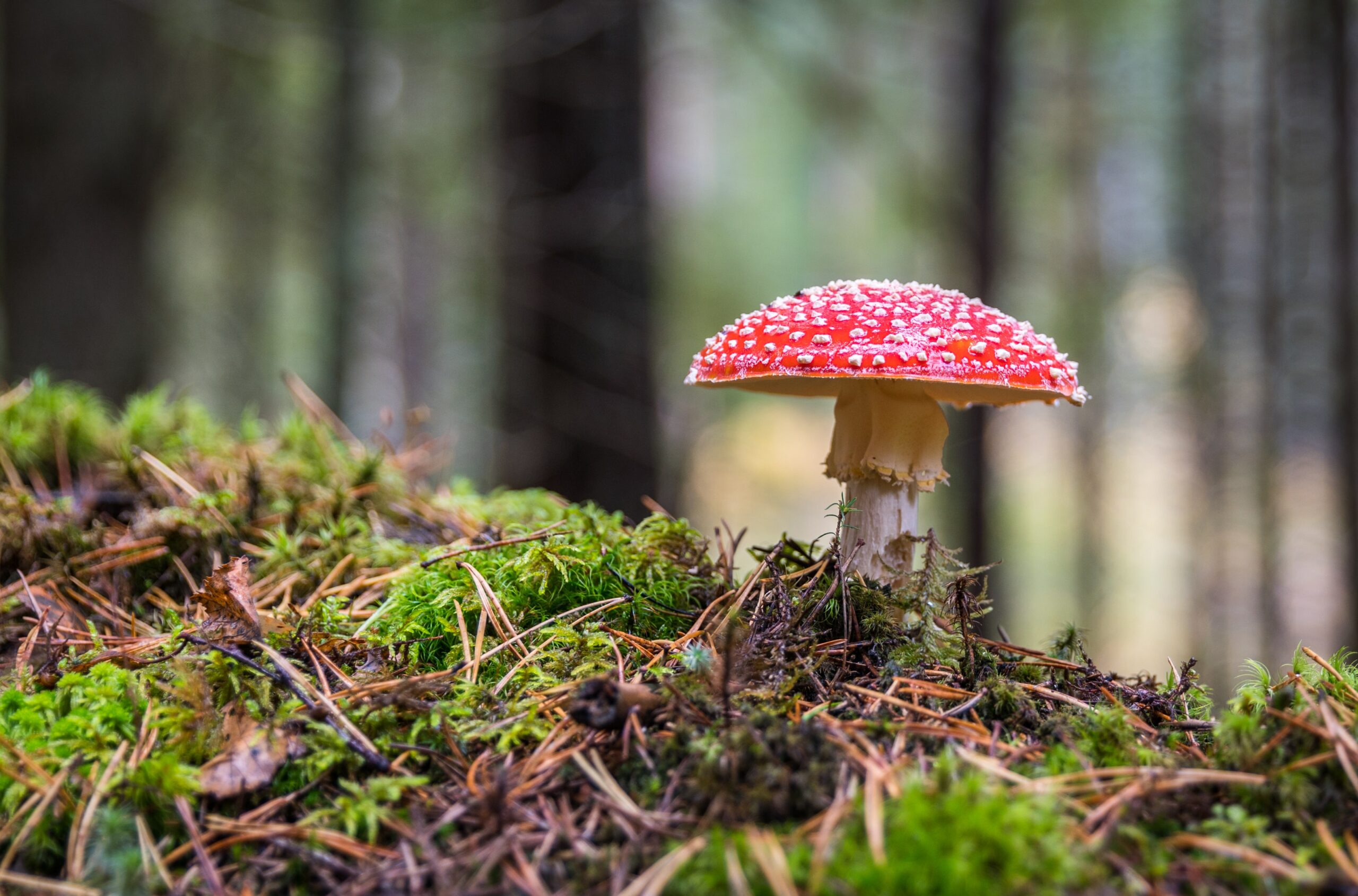
13
New cards
Heterotroph
an organism that obtains organic molecules from other organisms, e.g. consumers
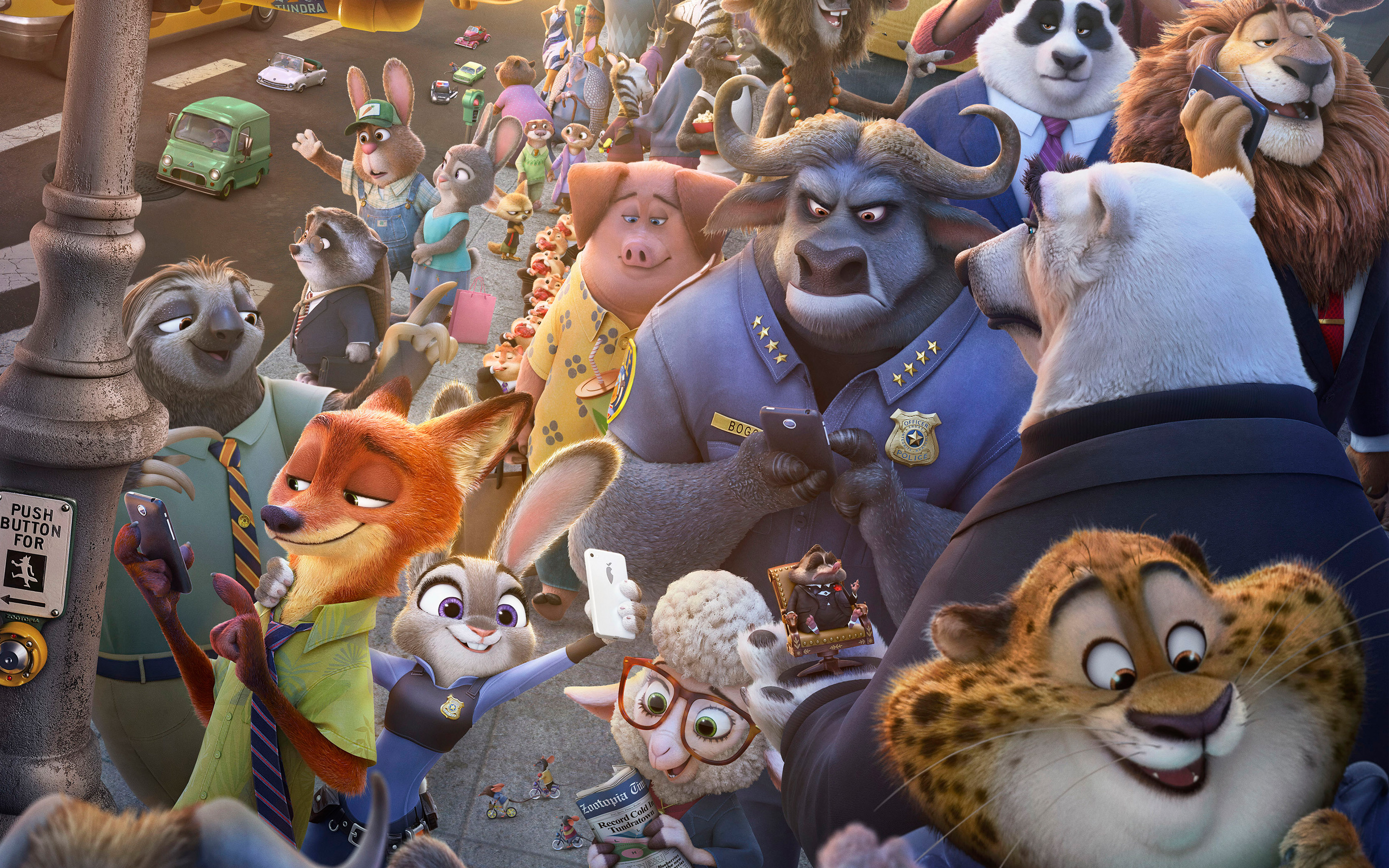
14
New cards
Detritivore
an organism that ingests non-living organic matter, e.g. mosquitos, cockroaches, termites, crabs
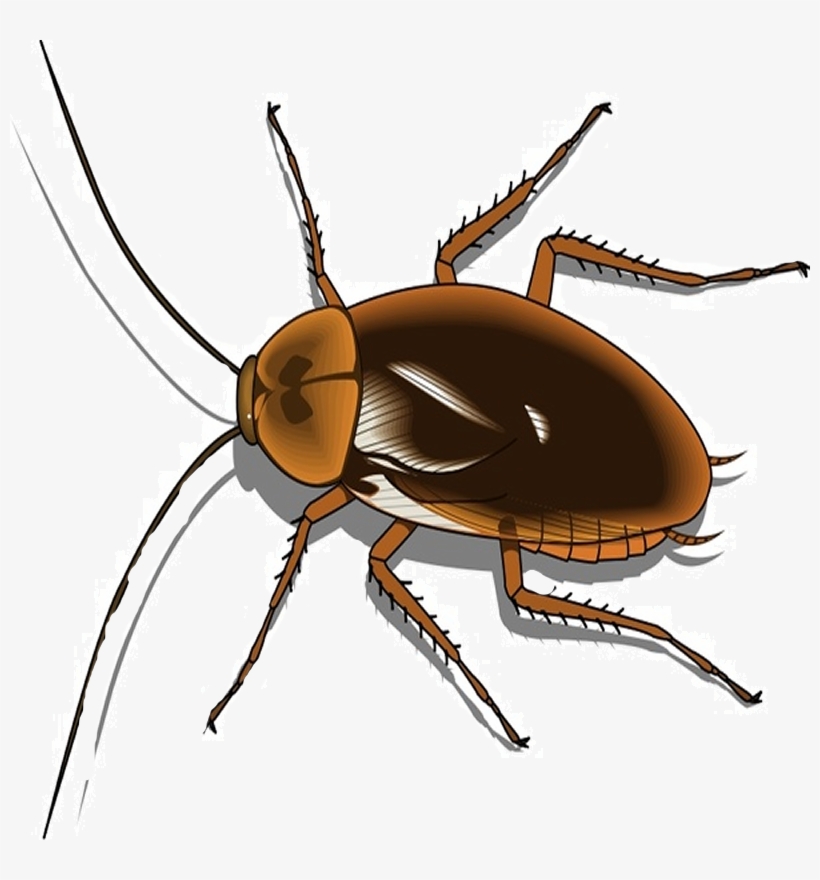
15
New cards
Organic Material
anything that was alive and is now in or on soil, usually carbon-based compounds
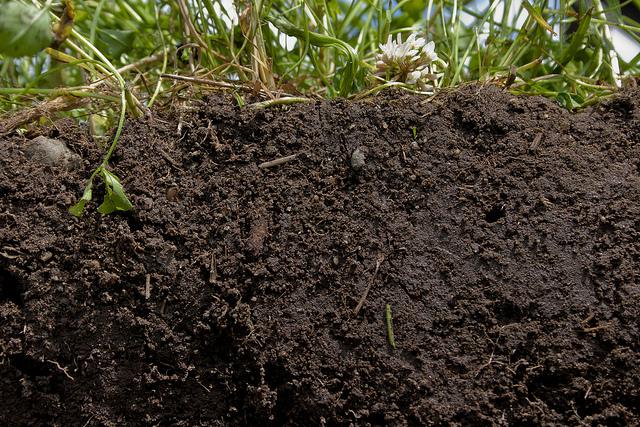
16
New cards
Photosynthesis
the process by which plants create their own nutrients through sunlight, CO2 + Water = Oxygen + Glucose
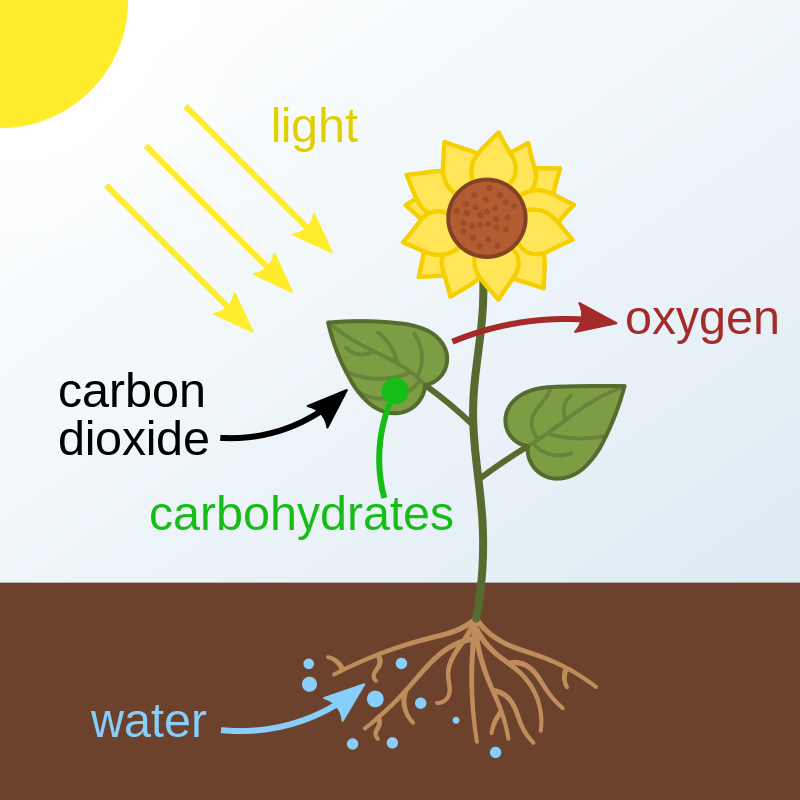
17
New cards
Respiration
converting glucose and oxygen to CO2 and water
18
New cards
Decomposition
the process by which bacteria and fungi break dead organisms into their simple compounds. Plants can absorb and use these compounds again, completing the cycle
19
New cards
Diffusion
the process by which a substance moves from an area of high concentration to an area of lower concentration
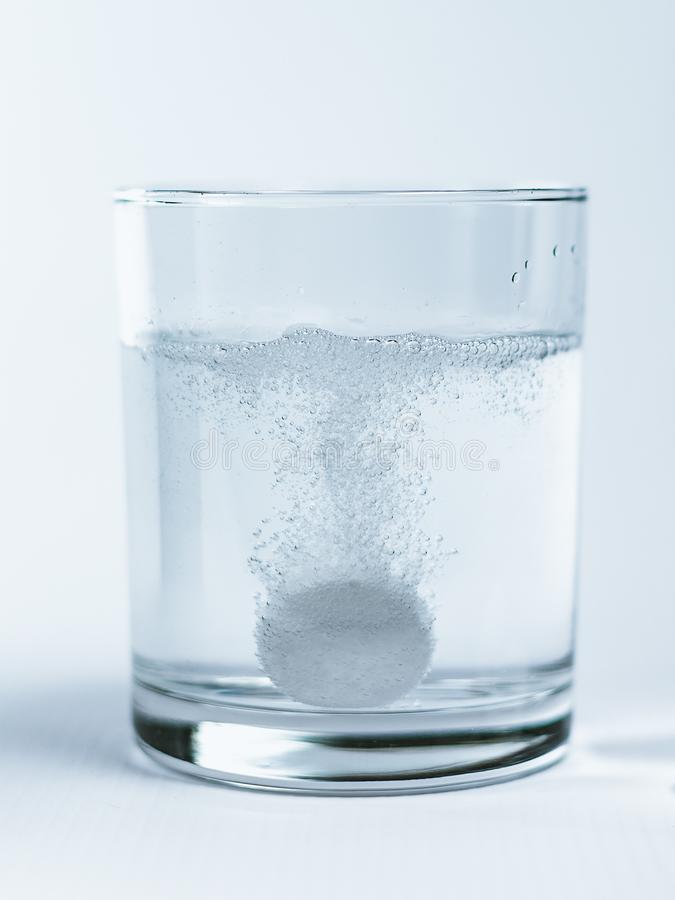
20
New cards
Combustion
a chemical reaction which involves oxygen reacting with substances to form oxides and give off heat, CO2 and water are always products
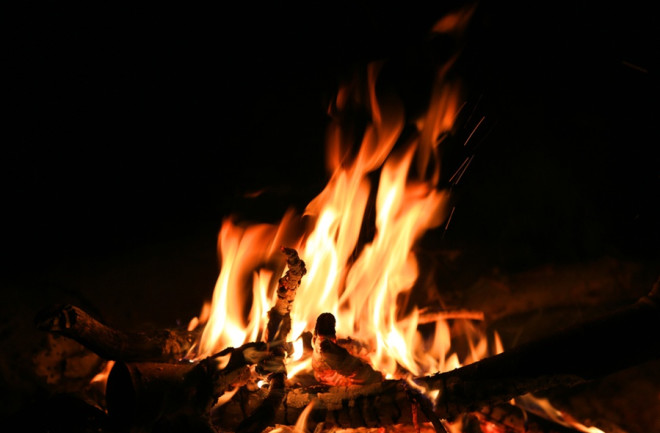
21
New cards
Fossilization
the processes of material becoming fossils
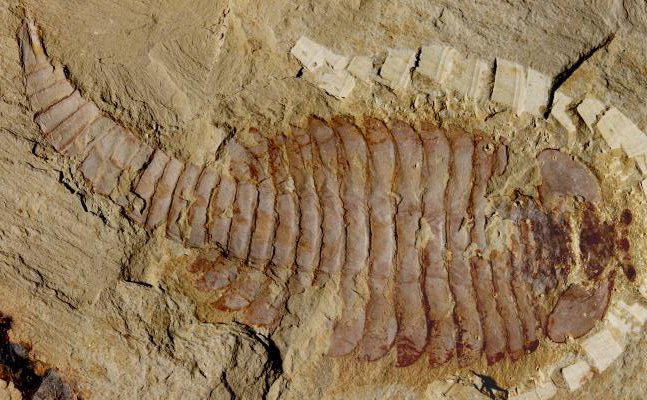
22
New cards
Feeding
the process by which organisms, typically animals, obtain food
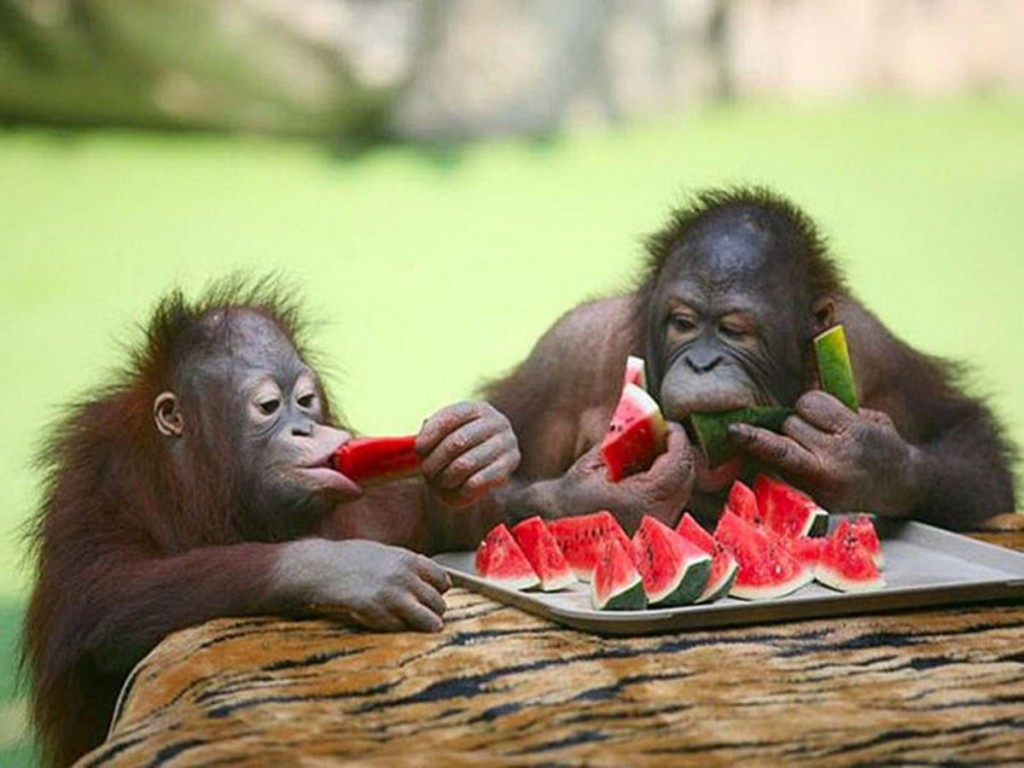
23
New cards
Oceanic Food Webs
Ocean animals passing carbon through food webs
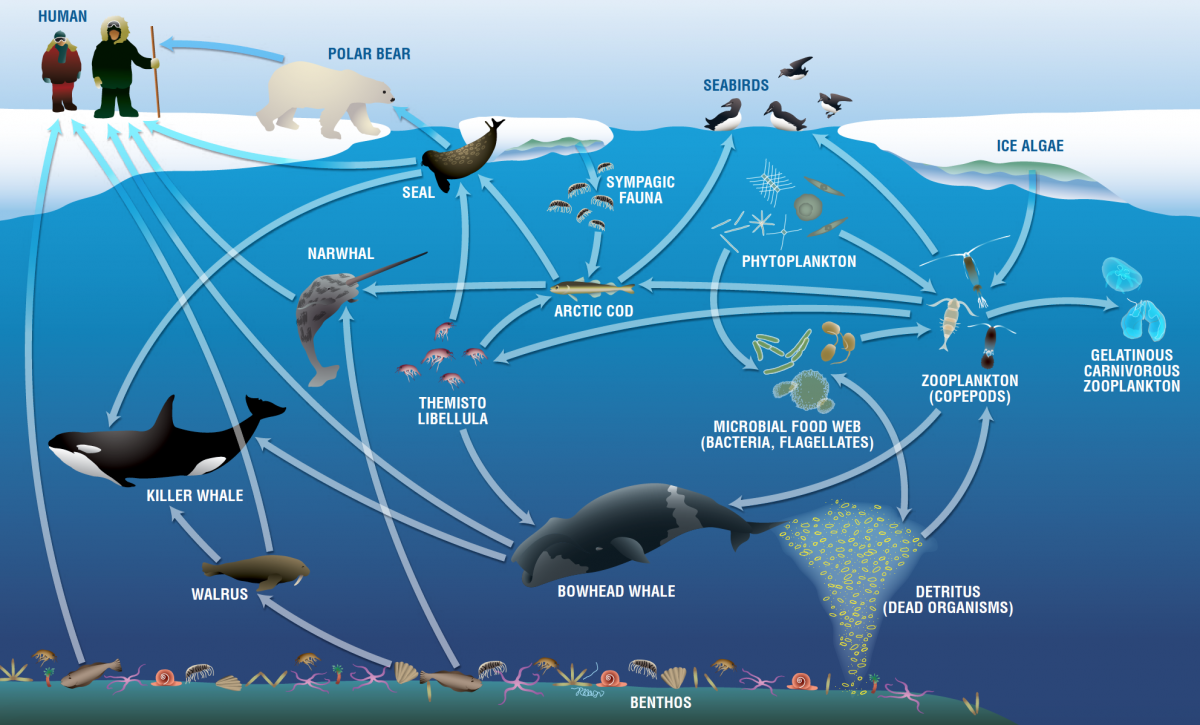
24
New cards
Phytoplankton
Very tiny marine algae (can only be seen using a microscope,) contain chlorophyll and require sunlight to grow, usually floating on the surface of the ocean
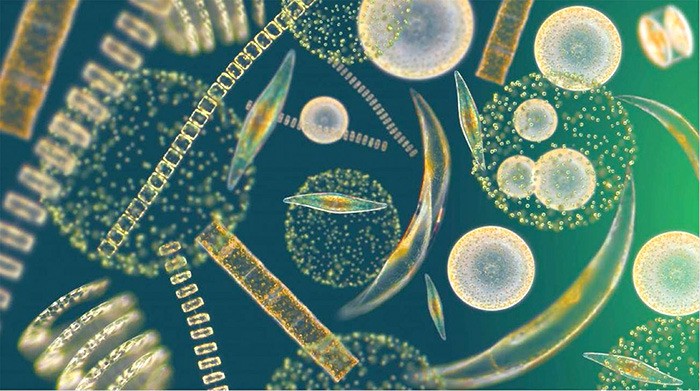
25
New cards
Hybrid
Offspring from two different species (e.g. horse + donkey = mule, lion + tiger = liger)
